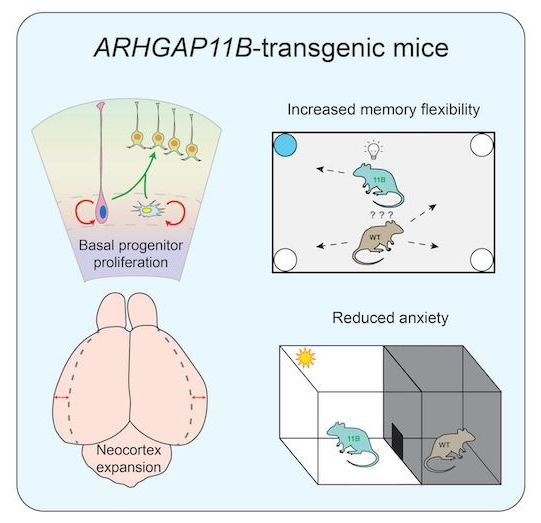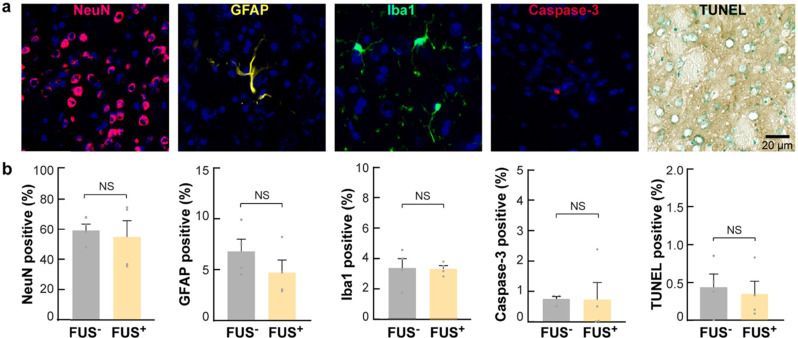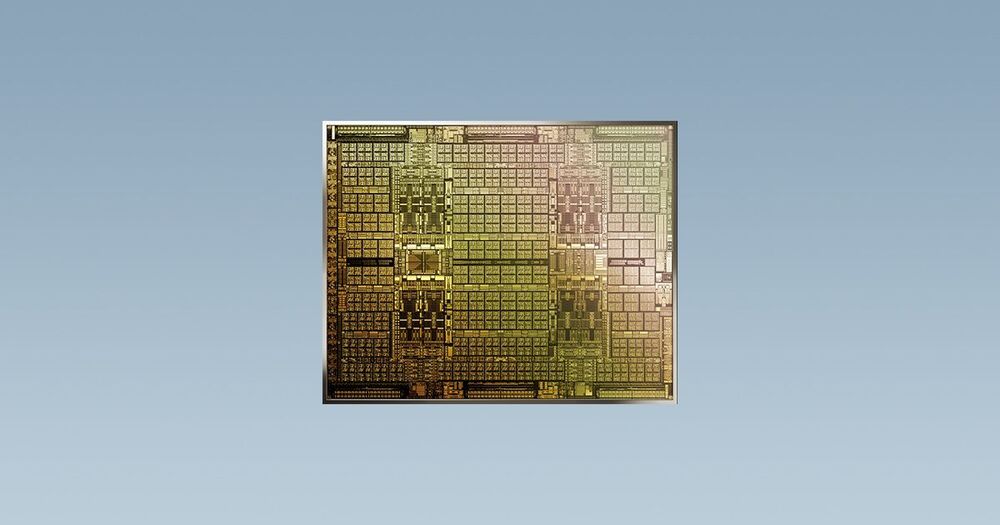Criminals use high-pressure tactics to extort victims.



Generation of an ARHGAP11B-transgenic mouse line.
To generate a stable transgenic mouse line that expresses an ARHGAP11B protein, we first determined the temporal and spatial expression patterns of human ARHGAP11A and human ARHGAP11B mRNAs by qPCR of foetal human neocortical tissue at various developmental stages (gestational weeks 12–21; Fig EV1A and B) and by analysing previously published RNA-seq data sets of defined isolated NPC and neuron populations (Florio et al, 2015) (Fig EV1C and D), respectively. As the expression patterns of ARHGAP11A and ARHGAP11B mRNAs were found to be similar, we decided to generate the transgenic mouse line by converting one allele of the mouse Arhgap11a gene into a mutant mouse ARHGAP11B gene (mARHGAP11B), using the CRISPR/Cas9 genome editing technology (for details, see Materials and Methods). In m ARHGAP11B, the 55 nucleotides of Arhgap11a that in humans would be deleted from the ARHGAP11B mRNA by splicing using the new splice-donor site are replaced by the 141 nucleotides encoding the human-specific 47-amino acid sequence plus three nucleotides to generate a translational stop codon (Fig EV1E). Unless indicated otherwise, the ARHGAP11B-transgenic mice obtained (referred to as 11B mice hereafter) were used as heterozygous animals, that is, with one mouse Arhgap11a allele being replaced by m ARHGAP11B. The resulting ARHGAP11B protein will be expressed in developing mouse neocortex under the control of the native mouse Arhgap11a promotor.

Critical advances in the investigation of brain functions and treatment of brain disorders are hindered by our inability to selectively target neurons in a noninvasive manner in the deep brain.
This study aimed to develop sonothermogenetics for noninvasive, deep-penetrating, and cell-type-specific neuromodulation by combining a thermosensitive ion channel TRPV1 with focused ultrasound (FUS)-induced brief, non-noxious thermal effect.
The sensitivity of TRPV1 to FUS sonication was evaluated in vitro. It was followed by in vivo assessment of sonothermogenetics in the activation of genetically defined neurons in the mouse brain by two-photon calcium imaging. Behavioral response evoked by sonothermogenetic stimulation at a deep brain target was recorded in freely moving mice. Immunohistochemistry staining of ex vivo brain slices was performed to evaluate the safety of FUS sonication.
Scientists have created a cybersecurity technology called Shadow Figment that is designed to lure hackers into an artificial world, then stop them from doing damage by feeding them illusory tidbits of success.
The aim is to sequester bad actors by captivating them with an attractive—but imaginary—world.
The technology is aimed at protecting physical targets—infrastructure such as buildings, the electric grid, water and sewage systems, and even pipelines. The technology was developed by scientists at the U.S. Department of Energy’s Pacific Northwest National Laboratory.

The Nvidia 170HX could offer an Ethereum hash rate way in excess of an RTX 3090 for less power.
The latest rumours point to a brand new Nvidia cryptocurrency mining processor that’s capable of an Ethereum mining hash rate 164MH/s. If you’re not familiar with the hash rates of cryptocurrency mining, that make it an absolute whopper of a card—the GeForce RTX 3090 is somewhere in the region of 120-130MH/s. Wild, right?
It’s called the 170HX, says Twitter leaker 9550Pro, and it will feature 4480 CUDA Cores and run at 250W. Its secret, how it manages to out mine a beefier card in the 350W RTX 3090, is the choice of memory. There’s just 8GB of it on the reported card but that 8GB is made up of HBM2e, the HBM in which literally stands for High Bandwidth Memory.


Despite FSR being open source and cross-vendor, collaboration is sorely lacking.
Following AMD’s announcements about its open source, cross-vendor upscaling technology, FidelityFX Super Resolution, Radeon’s vice president & general manager Scott Herkelman has reminded followers on Twitter that Nvidia will have to do its part to make the tech worthwhile on its GPUs.
Race on.
Best PC racing wheels : perfect for any circuit. Best VR headset: which set is right for trackdays?
French physicist Gabriel Lippmann created the first color photographs in 1891.

Linux gamers will finally get one of Nvidia’s best features.
Nvidia has announced that it’s working with Valve to bring its DLSS technology to Linux gamers using Proton to play games meant for Windows. The tech allows for running at higher resolution and settings, while maintaining higher frame rates.

Both arts and sciences advance through open-minded iterations. The alternative of staying within traditional boundaries suppresses the exploration of new territories. As Oscar Wilde said: “Consistency is the last refuge of the unimaginative.”
Recognizing the crucial role that imagination plays in advancing both arts and sciences would translate to a culture that fosters innovation by rewarding creativity. Conventional groupthink could be circumvented by populating selection committees of funding agencies with creative individuals rather than with traditional thinkers. A culture of innovation would also benefit from overlap spaces where scientists and artists interact. In deriving his theory of gravity Albert Einstein was inspired by the philosopher Ernst Mach, and Einstein’s new notions of space and time inspired Picasso’s paintings.
Creativity in arts and sciences establishes a backdrop for human existence, as the content it invents gives pleasure and meaning to our lives. The human act of creation is an infinite-sum game, from which all of us benefit. And we can all participate in the creative process, as long as we follow Wilde’s advice: “Be yourself; everyone else is already taken.”